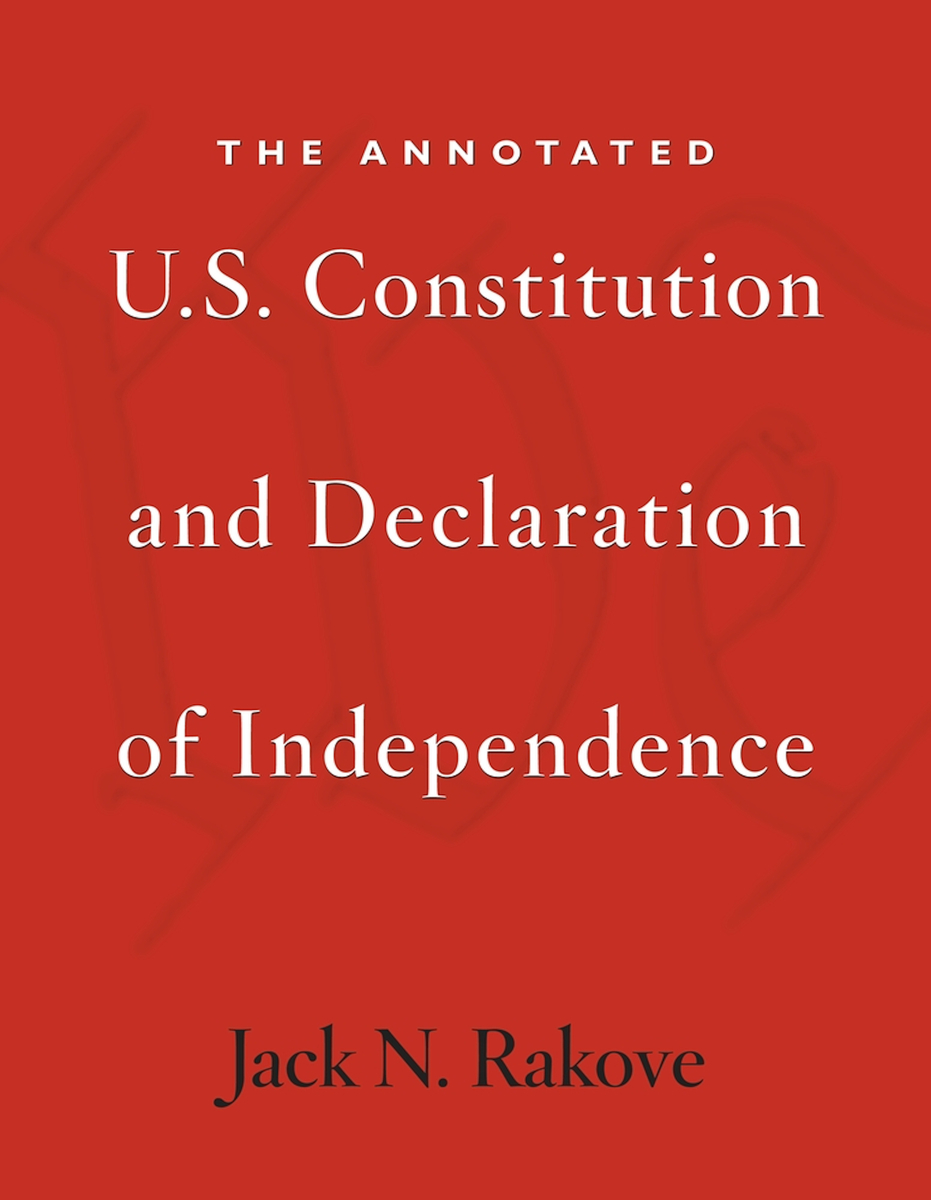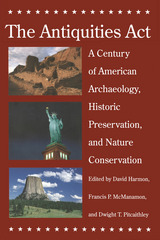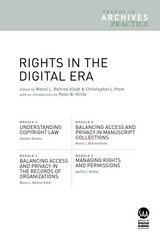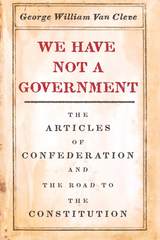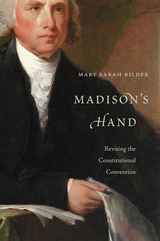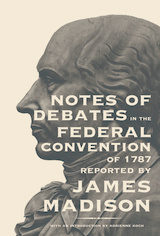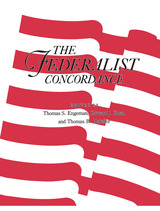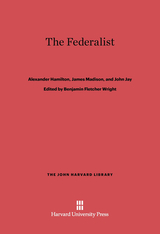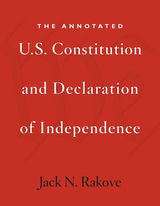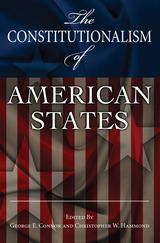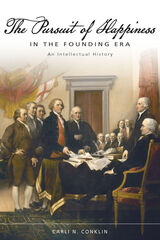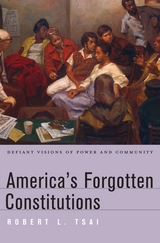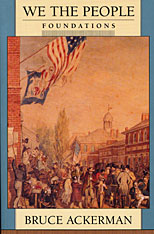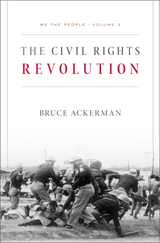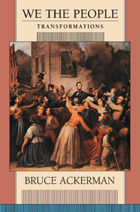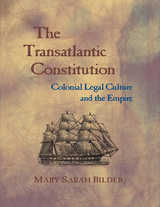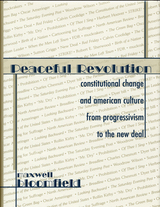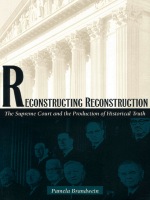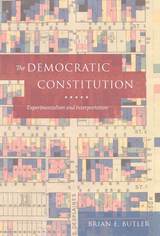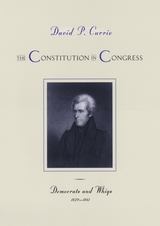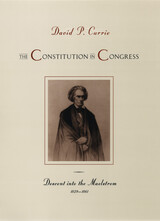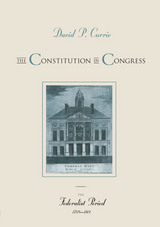[An] excellent guide…valuable and judicious.
-- Jill Lepore New Yorker
Provide[s] some essential civic education… Rakove’s inclusion of (and comments on) the Declaration of Independence is useful, and his extensive introduction is especially valuable. Rakove is one of the most gifted writers among contemporary American historians, and he provides an illuminating overview of the political history that generated both the Declaration in 1776 and then, only eleven years later (following the failure of our first constitution, the Articles of Confederation), the Constitution that was drafted in Philadelphia.
-- Sanford Levinson New Republic
Gracefully written…compact and easy to read… Rakove is nuanced and judicious.
-- Matthew Spalding Claremont Review of Books
Rakove’s wide knowledge of Anglo-American legal and constitutional history is reflected throughout his introduction and annotations. This work is recommended for all libraries and readers interested in the Revolutionary era.
-- Joel Fishman H-Net Reviews
With more decisions to come on the heels of the U.S. Supreme Court’s redefinition of campaign-finance law in the context of the First Amendment, [this book is a] timely reminder that Americans too rarely read, much less consider, their nation’s most important documents as closely as they should… [It’s an] important addition to a vital and ongoing American debate. Whatever one thinks the Constitution and Declaration of Independence mean, there’s value in revisiting those texts, reviewing how they’ve been construed throughout U.S. history and reconsidering arguments for and against differing interpretations. [This book] invites Americans to do just that—and to renew their appreciation for the genius of those who drafted the blueprints for U.S. freedom and republican government.
-- Alan Wallace Pittsburgh Tribune-Review
Unlike many of his contemporaries, [Rakove] breathes life into the two founding documents of the U.S., and arguably into the ideals and beliefs that define America and Americanism. This volume gives students, scholars, practitioners, and general readers an insightful, easily understood, and well-researched narrative political account of how these documents came to be written. Rakove places the colorful personalities of the founding fathers, along with the concepts, issues, and concerns involved with these documents, within an easily discernable context. His attention to historical and political detail is unwavering and on target. Indeed he puts the fun back into reading and learning about the U.S.’s two most important documents.
-- W. Jakub Choice
[A] carefully laid out annotation that’s accessible to general readers as well as high school and college students. [Rakove’s] extended introduction provides a readable and instructive analysis of how the writing of the Constitution progressed, especially on matters concerning representation, executive power, and creation of the amendments. His annotations often rely upon contemporary usage and meaning from the time of the Declaration of Independence and Constitution—useful for students to understand—and he compares such usage to other documents of the time… Highly recommended for general readers and undergraduates who want an initial understanding of the Declaration and Constitution.
-- Steven Puro Library Journal
[A] probing commentary on America’s founding documents… Rakove’s is a lucid, thought-provoking guide to the contents—and discontents—of our national charters.
-- Publishers Weekly
Jack Rakove is one of the most distinguished historians of this nation’s Founding era. Here, he explores the background of the Declaration of Independence and the Constitution and explicates their meaning. Every American citizen wishing to know more about our founding documents will find this book an invaluable introduction to our distinctive legal heritage.
-- Michael J. Klarman, Kirkland & Ellis Professor, Harvard Law School
Jack Rakove provides clear and accessible annotations to the two most fundamental documents of America’s civil religion. Especially important are his insights about ‘hard-wired’ constitutional provisions that, because they are never litigated, are too often ignored with regard to their role in structuring the American polity. This book will prove of immense value to students, scholars, and ordinary citizens.
-- Sanford Levinson, author of Our Undemocratic Constitution: Where the Constitution Goes Wrong (and How We the People Can Correct It)
